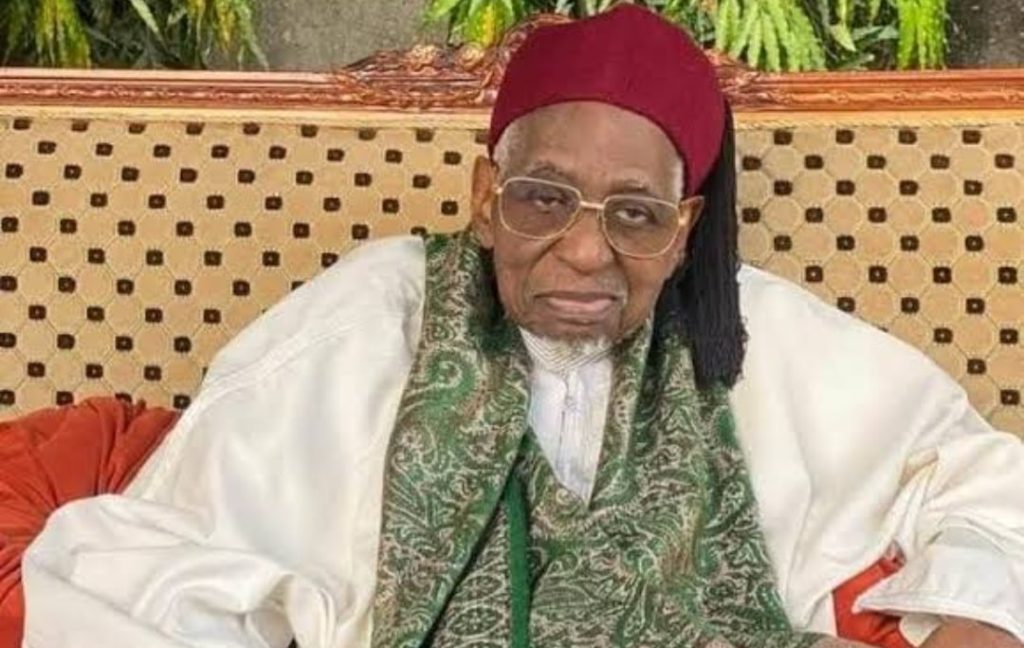The National Assembly’s Joint Committee on Solid Minerals on Friday rejected the 2025 budget estimates presented by the Ministry of Solid Minerals, describing them as grossly inadequate to address the needs of the sector. The decision followed a motion moved by Sen. Diket Plang (APC-Plateau) and seconded by Sen. Natasha Akpoti-Uduaghan (PDP-Kogi).
Budget Shortfall
The Minister of Solid Minerals, Dele Alake, presented a total budget proposal of ₦541.7 billion, comprising:
- ₦539.7 billion for capital expenditure.
- ₦2 billion for overhead costs.
However, the ministry received only ₦9 billion as its budget envelope, significantly below its capital expenditure proposal. The chairman of the joint committee, Sen. Ekong Sampson, criticized the budget allocation, emphasizing the sector’s critical role in diversifying Nigeria’s economy away from oil dependency.
“This allocation is grossly inadequate and will not help our economy at this critical time when we need to invest in the future,” Sen. Sampson stated. He called for a radical upward review of the budget.
Motion to Suspend Budget Review
The co-chairman, Mr. Gaza Gbefwi, representing Keffi/Karu/Kokona Federal Constituencies, supported the call to step down the budget defense. He proposed inviting the Minister of Planning and Budget to provide explanations for the allocation.
“We are here to pass a budget for Nigerians and the progress of this country, not for the ministry or ourselves,” Gbefwi emphasized.
Minister’s Remarks
Minister Alake expressed dissatisfaction with the allocation, highlighting its inadequacy to meet the ministry’s objectives of boosting green energy initiatives and harnessing the potential of solid minerals.
- 2025 Proposal: “We proposed ₦539.7 billion for capital expenditure, but the envelope we received was a paltry ₦9 billion,” Alake lamented.
- 2024 Budget Performance: Overhead costs recorded 100% performance, while capital expenditure achieved only 18%, due to limited releases.
- Revenue Generation: Despite challenges, the ministry generated ₦37.8 billion in 2024, surpassing its projection of ₦11 billion.
Alake appealed for the committee’s support to address the funding shortfall, stressing that inadequate funding hampers the ministry’s ability to achieve its diversification goals.
Committee’s Concerns
The committee underscored the need for substantial investment in exploration, data gathering, and addressing systemic challenges that hinder the solid minerals sector.
“We are a nation richly endowed but paradoxically struggling with contradictions in abundance,” Sampson said. He stressed that investing in the sector is crucial to Nigeria’s economic growth and diversification agenda.
Next Steps
The committee resolved to:
- Suspend the budget review: Pending further discussions with the Minister of Planning and Budget.
- Advocate for a higher allocation: To ensure the ministry can fulfill its mandate and contribute meaningfully to economic diversification.
Conclusion
The rejection of the Ministry of Solid Minerals’ 2025 budget estimates highlights the pressing need for better funding of critical sectors. With the solid minerals industry positioned as a cornerstone of Nigeria’s diversification strategy, the National Assembly’s decision underscores the importance of aligning budgetary allocations with national economic goals.













